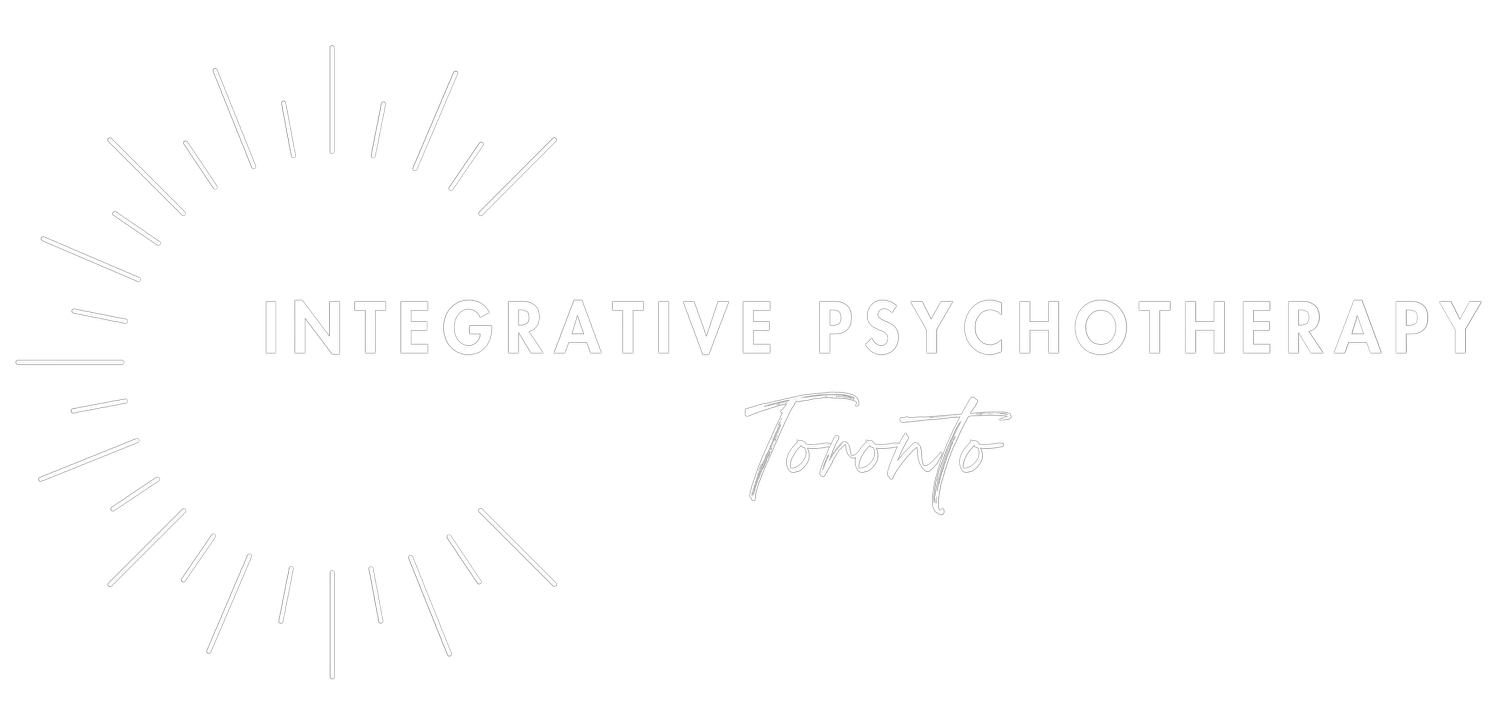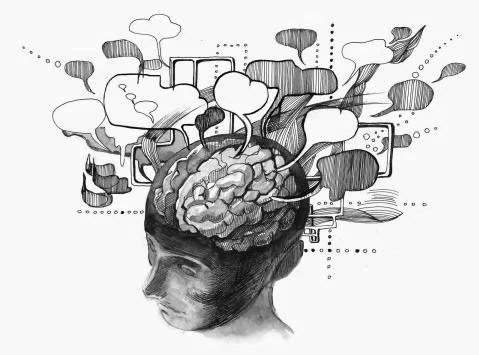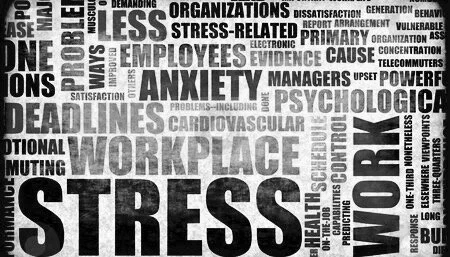I really appreciate companies that are transparent about their pricing. There’s something about it that I associate with honesty and integrity. And so when someone asked me “why do you charge what you do?” I was a little surprised that it hadn’t occurred to me earlier to lay out where my clients’ hard earned therapy dollars go.
How Did It Come to Be This Way?
That question is one I ask every client at some point, usually fairly early in treatment. How did it come to be this way? How did your system come to be afraid of judgement or failure or abandonment? To feel unsafe in the world or in relationship? How did it learn to protect itself by shutting down or pulling away or being guarded? Where did that critical voice learn to talk to you that way?
Deep Dive: EMDR, A Primer for Patients
Imagine our brain as a room with one giant filing cabinet in the centre of it. The filing cabinet is made up of many drawers (representing memory networks), which are filled with many files (representing brain cells). At birth, most of these files are strewn about the room haphazardly, with relatively few being stored in the filing cabinet. During the course of our life, the files in the room are gradually organized into drawers of the filing cabinet.
Depression is Not a Prozac Deficiency
Mental Health: A Misnomer?
As far back as ancient Greece, there has been an understanding that there is some qualitative difference between the mind and the body. The body is something we can touch and feel and see, while the mind seems more elusive. While the body is made of the physical, the mind is made of the electrical, the energetic, perhaps the spiritual. But where does the brain fit in? And disorders such as depression and anxiety – to which domain do they belong?
Stress: Investing in Our Health
In the context of our health accounts, the fight-or-flight system is energetically expensive and burns through our savings faster than high-interest credit cards. So how do we manage our health finances? What is the equivalent of an RRSP in health terms? When do we focus on accruing savings vs. minimizing spending? And what does it mean in practical terms to invest in our health?
Stress: The Great Drain on Our Health Account
Our body has two basic operating systems; the “fight or flight” system and the “rest and digest” system. Both of these systems are vital and we need them both, but we need them in the right balance. And unfortunately, as a society, we are drastically out of balance. Our bodies were never meant to be exposed to a sustained stress response, which is why chronic stress is implicated in obesity, diabetes, cardiovascular disease, autoimmune disease and countless others.
Stress: Understanding Health Accounting
In bank account terms, our fight-or-flight system (which is our prevailing operating system when we’re under stress) is a rampant spender, while our rest-and-digest system (which governs our bodies when we’re relaxed) is the fiscally responsible saver. The bottom line, as it were, is that if we’re hoping to make it into retirement with a healthy savings, we need to manage our spending and make regular contributions to our savings account.
Deep Dive: Implicit Memories & Our Brain's Automation System
Implicit memory governs much of our behaviour. Such memories are like unconscious mental software packages - they quickly compare present events to past experiences, make assessments and predictions about the current situation, and initiate the appropriate reaction. And while for the most part, this is very adaptive, it comes at a cost.
Shorts: The Window of Tolerance
What makes something traumatic for one person and mildly disturbing for another? Why does the idea of public speaking leave one person exhilarated and another paralyzed with panic? Our nervous system has an ideal climate; a Goldilocks zone in which it operates best. This zone is called the Window of Tolerance, and where we are in relation to it has tremendous impacts on our mood, emotional state, and mental capacity.















